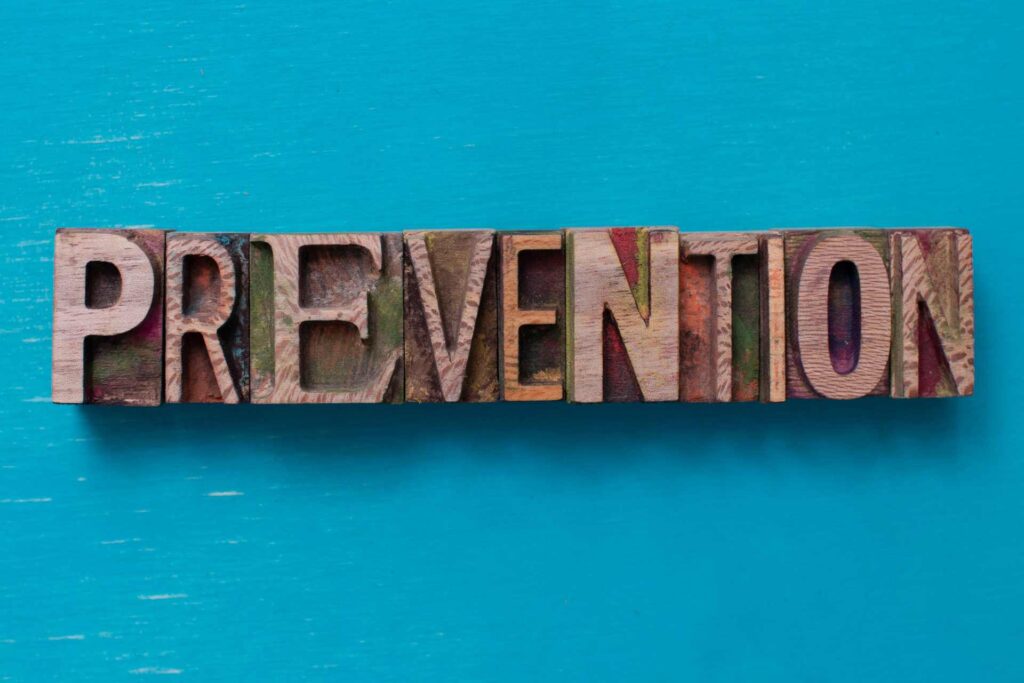CHARLESTON, W.Va. – The West Virginia Department of Human Services (DoHS), Bureau for Behavioral Health (BBH), in collaboration with the Substance Abuse and Mental Health Services Administration (SAMHSA), observes National Prevention Week on May 12-18, 2024.
National Prevention Week serves as a vital platform for promoting substance use prevention and positive mental health awareness in communities and organizations. There is strong scientific evidence that supports the effectiveness of prevention programs. In West Virginia, prevention infrastructure includes six regional Prevention Lead Organizations (PLOs), county coalitions under the PLOs, Partnerships for Success (PFS) coordinators, State Opioid Response (SOR) coalition engagement specialists, SOR adult suicide intervention specialists, Garrett Lee Smith (GLS) youth suicide intervention specialists, and Prevent Suicide WV.
“As we join together for National Prevention Week, let’s remind ourselves of the shared commitment to keeping our communities healthy and hopeful,” said Christina Mullins, DoHS Deputy Secretary of Mental Health and Substance Use Disorders. “Thanks to our collaborative teamwork and strategic partnerships with agencies across the state, our collective efforts to prevent substance use are making a positive impact.”
DoHS’s BBH supports West Virginia’s substance use prevention infrastructure through the SAMHSA Substance Abuse Prevention and Treatment Block Grant (SABG) and discretionary grants. Much of that funding supports Help & Hope WV with the following programs:
- West Virginia’s Strategic Prevention Framework for Prescription Drugs (SPF Rx) strives to enhance and expand prevention infrastructure to address prescription drug misuse among youth ages 12 to 17 and adults 18 and older in order to prevent and reduce prescription drug and illicit opioid misuse and abuse.
- West Virginia’s Strategic Prevention Framework Prescription Drug/Opioid Overdose (SPF PDO) aims to turn the tide of the opioid/opiate overdose epidemic in West Virginia by educating and informing communities, establishing a naloxone distribution strategy in high-risk regions, and integrating emergency treatment and prevention services in collaboration with law enforcement, emergency services, and public health care systems.
- The State Targeted Response to the Opioid Crisis Grant (STR) helps increase access to opioid use disorder (OUD) treatment and reduce opioid overdose-related deaths through a number of prevention and treatment strategies in collaboration with partners across the state.
Prevention starts early with parents and caregivers who can influence whether a child uses alcohol or drugs. The earlier an individual begins using drugs or alcohol, the more likely they are to develop substance use disorders. For more information on substance use prevention and treatment resources for West Virginia families, visit helpandhopewv.org.
To view and apply for careers in the behavioral health field, go to dhhr.wv.gov/Pages/Career-Opportunities.aspx.













